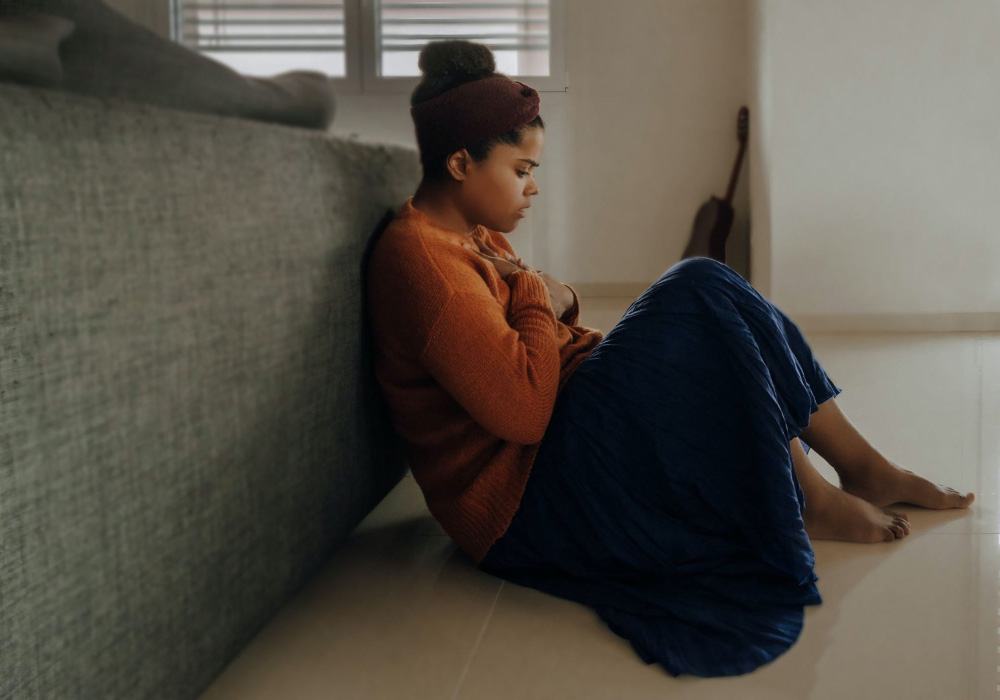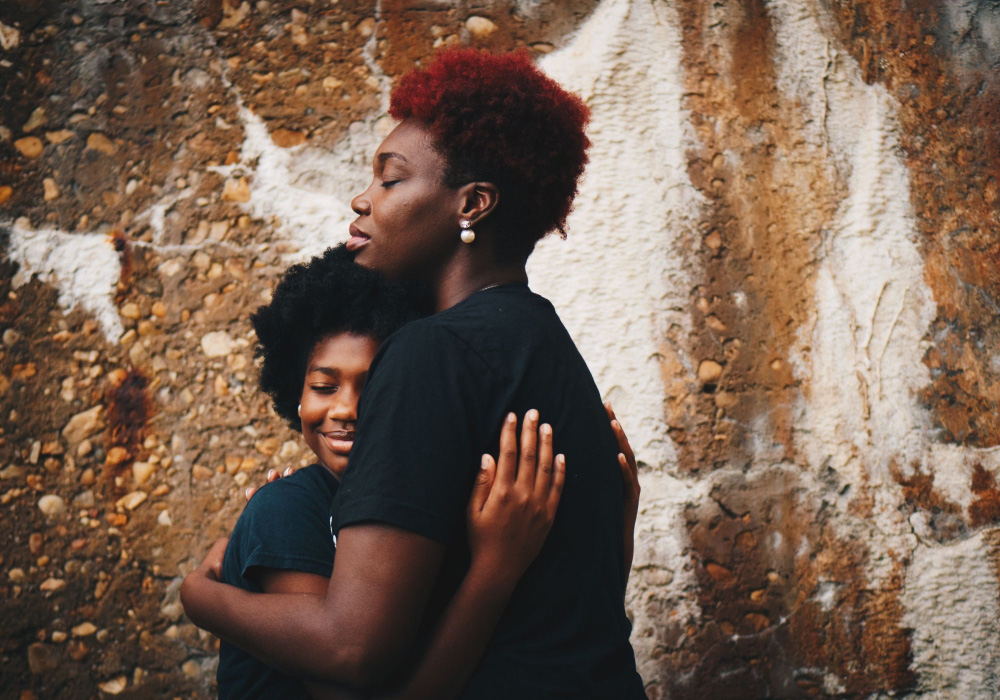World Mental Health Day invites reflection on the power of open conversations, healing, and community. For the Black community, breaking the silence around mental health is both liberation and survival.
Every October 10th, World Mental Health Day reminds us that there is no health without mental health. This year’s global theme—“Mental health in humanitarian emergencies”—underscores how crises, from displacement to discrimination, strain emotional well-being. For Toronto’s Black and Afro-Caribbean communities, the conversation hits closer to home. While trauma, racism, and generational stress persist, open dialogue about mental health remains a challenge. Too often, silence fills the space where support should be.
At AfroToronto.com, we recognize that mental health is not a side conversation—it’s central to our mission of storytelling, representation, and empowerment. Since our founding in 2005, our platform has highlighted how systemic barriers and cultural stigma affect mental well-being within Black communities in Canada and beyond. This World Mental Health Day, we renew that commitment by revisiting some of the impactful stories we’ve shared over the years, each shedding light on mental health from a different lens.
The weight of silence and the need for dialogue
In many Afro-Caribbean households, mental health struggles are often misunderstood or dismissed as weakness. Conversations about therapy or depression can be clouded by shame, fear, or the belief that faith alone should suffice. Yet, as countless Black mental health advocates remind us, acknowledging pain does not diminish strength—it redefines it.
Breaking this silence requires culturally informed care, representation in social work, and safe spaces where people can speak without judgment. AfroToronto explored these issues deeply in “Trust in care: Why choosing a regulated social worker or social service worker matters”. The piece highlights how regulated professionals provide not just ethical and accountable care, but also a bridge to trust—something essential when confronting stigma and seeking help.
Bridging gaps in Black mental health
Access to care is only part of the solution. The deeper challenge lies in developing culturally competent systems that acknowledge and value Black experiences. In “Bridging gaps in mental health: An interview with social worker Rocheny Alexandre”, AfroToronto explored how Alexandre’s work focuses on dismantling cultural barriers and centring lived experiences. His insights reflect what many community members already know—that representation in mental health care is more than visibility; it’s about being truly understood.
Supporting Black youth and reclaiming joy
For young Black Canadians, the pressures of identity, racism, and belonging intersect with mental health in complex ways. “Breaking barriers: Mental health advocacy for Black youth” examines grassroots advocacy efforts aimed at empowering youth to speak openly, seek resources, and find community in the healing process. Meanwhile, “Racism in schools harms Black youths’ mental health” underscores how systemic bias in education can inflict long-term emotional harm, emphasizing the urgent need for inclusive school policies and supportive educators.
These stories remind us that collective healing begins early—through education, mentorship, and community dialogue that uplifts rather than isolates.

Trauma, migration, and resilience
Mental health challenges don’t exist in isolation; they’re often shaped by wider social and economic realities. In “United Way report on African asylum seekers in Toronto”, AfroToronto examined the mental and emotional toll of migration, displacement, and survival faced by African newcomers. The report revealed how bureaucratic hurdles and housing insecurity compound psychological distress—especially for asylum seekers navigating unfamiliar systems with limited support.
Yet even amid adversity, stories of resilience emerge. They reflect the community’s unyielding capacity to rebuild, connect, and support one another through shared experience.
Belonging as a form of wellness
Healing is not only about clinical care—it’s about belonging. Our feature “Being Black in public: A call for joy, safety, and belonging in shared spaces” explores how public spaces can either nurture or erode mental wellness. Constant hypervigilance—wondering if you belong or are safe—takes a psychological toll. Reclaiming joy, community gatherings, and creative spaces of self-expression are all forms of mental health care in themselves.
Building a culture of care
At AfroToronto.com, mental health coverage is not a seasonal theme—it’s part of our ongoing effort to normalize these discussions within the Black community.
This World Mental Health Day, we invite our readers to revisit the stories above, share them within their networks, and start meaningful conversations at home, at work, and in their communities. Let’s move from silence to solidarity, from stigma to support, and from pain to healing.
Because mental health is community health—and every story shared brings us closer to collective well-being.
Read More on AfroToronto.com:
- Trust in care: Why choosing a regulated social worker or social service worker matters
- Bridging gaps in mental health: An interview with social worker Rocheny Alexandre
- Breaking barriers: Mental health advocacy for Black youth
- Racism in schools harms Black youths’ mental health
- United Way report on African asylum seekers in Toronto
- Being Black in public: A call for joy, safety, and belonging in shared spaces






Comments powered by CComment